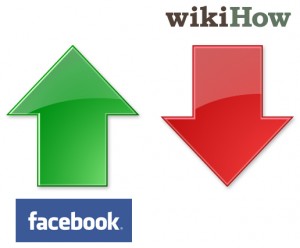On April 11, 2011 Google announced on it’s Webmaster Central Blog sweeping changes to it’s search index. In an effort to promote high quality websites and eliminate websites that have poor content the algorithm was adjusted. This adjustment incorporated “feedback signals” which are expected to help Google users find better search results.
What started out as something small
What was described by Amit Singhal, Google fellow, as a “small” update, affected only 2% of US queries has turned out to radical. CNET describes the Google’s algorithm as “radical” and reports the websites that have been affected by reduced rankings.
Great websites drop in ranking
The British Medical Journal, the Cult of Mac, and WikiHow all dropped in visibility. Considered to be reputable sources, and not content farm, these reduction in rank show the algorithm still needs some fine tuning. Other websites that might be considered content farms have been dropped as well.
Facebook, Yelp & Twitter rise in rankings
Websites to increase in ranking are Facebook, Twitter and Yelp. These websites moving up begs a question though. Facebook already has over 500 million active users, of which, 50% log in each day. Does this website really not already appear “high” enough in the search engine. In addition, social media is changing Google search results with the adoption of the “Plus One” on Google and “Likes” on Bing.
Local Searches Soar
Despite the rise of social media websites and some news sources, many poor websites have fallen in ranking, as was expected from this Panda Algorithm shift.
Local searches have significantly improved, however, due to this shift in the algorithm. Websites of companies that are popular in the United States (David’s Bridal, Barnes and Nobles, Walgreens) all appear prominently in the US search index, but not in the UK index. This shift paves the way for a greater index in international search engine results. Improving international search results is a significant win for Google’s index.


